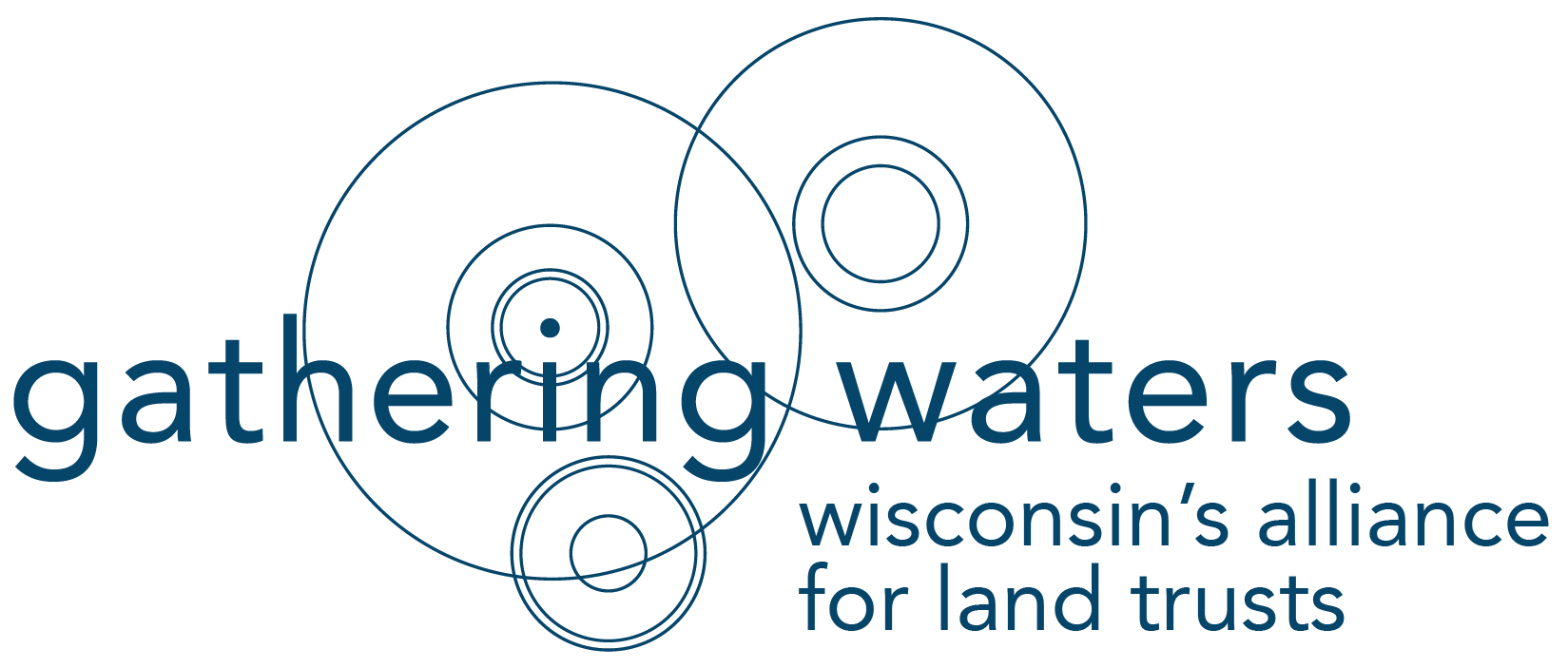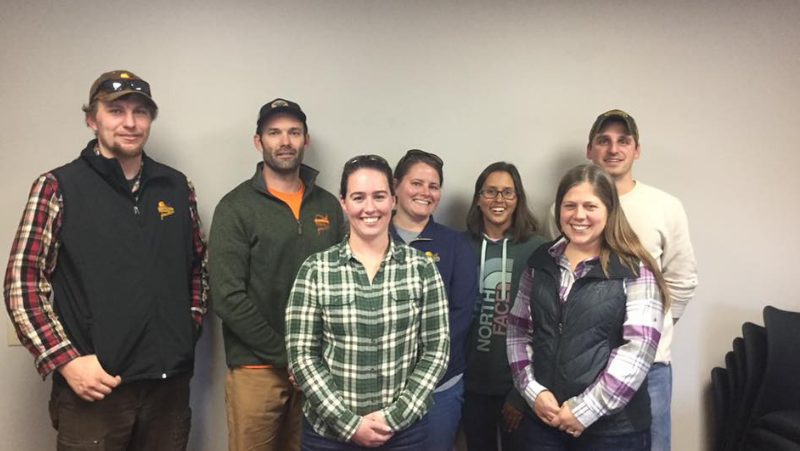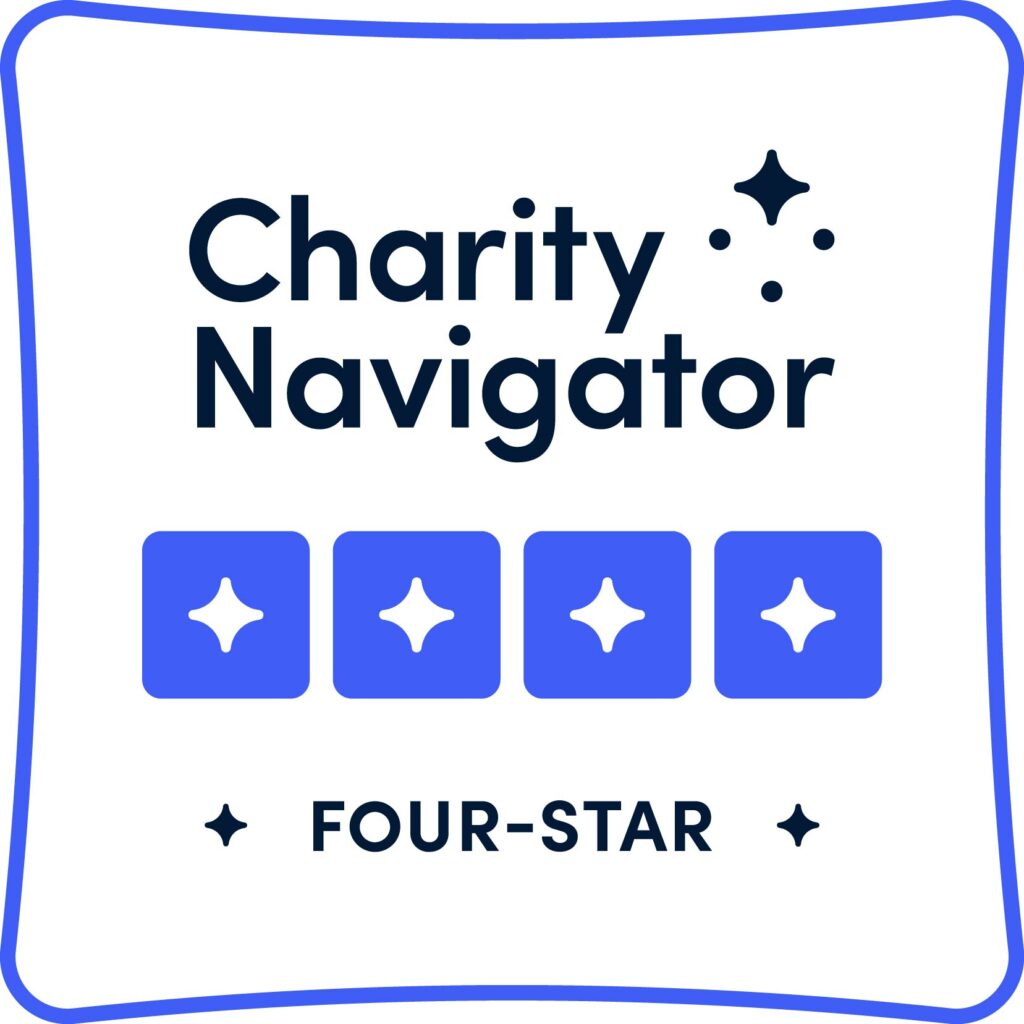Does your land trust need assistance managing your properties for wildlife and native habitats? Or perhaps you know individual landowners that do?
Pheasants Forever goes “beyond the bird” and proudly serves as “The Habitat Organization.” Meet the seven Farm Bill Wildlife Biologists in Wisconsin (locate them on this map) that work through Pheasants Forever.
These talented and motivated biologists work with partner organizations — like land trusts — and landowners to provide technical advice on improving wildlife and pollinator habitats on a voluntary basis, from prairie plantings to woodland management.
Pheasants Forever works in partnership with the USDA Natural Resources Conservation Service (NRCS) to help landowners apply for Farm Bill reimbursement programs that facilitate these actions. The organization also partners with local Pheasants Forever chapters to assist with project costs.
Recently, Scott Stipetich, Senior Farm Bill Biologist in Dunn County, shared this success story from the field:
Mary E Fitz Memorial Park Trust owns 80 acres south of Eau Claire with Landmark Conservancy (formerly West Wisconsin Land Trust) as the sole trustee. The wishes of Mrs. Fitz included creating a place of conservation for the enjoyment of the citizens of the Eau Claire area. Knowing the Chippewa Valley Chapter of Pheasants Forever had a history of prairie restoration in the area, Landmark Conservancy reached out to discuss options for working together.
A partnership was forged with a plan to restore the property from its current state in pine plantations and hay fields to the historic land cover of warm season prairie. Working with Jenn Roetter, NRCS District Conservationist, and Scott Stipetich, the local Pheasants Forever Farm Bill Biologist, Farm Bill funds were successfully acquired to aid in prairie restoration under a new conservation effort to provide food and habitat for monarch butterflies. Logging equipment arrived on site and completed a clear cut in spring of 2017. Next, the site was treated to remove weedy species present in the plantation area and fields.
Site preparation will continue through various management techniques as aggressive non-native species are present on the site. This project will be completed with a combination of frost and drilled seeding with a diverse mix of prairie forbs and grasses, including common and butterfly milkweed which are required for the monarch butterfly to complete its life cycle.
Signage will also be developed to recognize the partners associated with the project and explain the restoration process. Landmark Conservancy and the PF Chapter developed an MOU to ensure ongoing management of property. Since the restoration project began, the property has opened to the public for quiet recreation including hiking, bird watching, and photography. Going forward, trails and signage around the plantings will encourage more of the area’s residents to enjoy the property and learn about the important role prairies have in our communities.
Farm Bill biologists are available to assist your land trust and private landowners interested in wildlife habitat management.
Pheasants Forever is dedicated to the conservation of pheasant, quail, and other wildlife through habitat improvements, education and outreach, and land management programs and policies. In Wisconsin, there are 27 active chapters with nearly 40,000 members that raise local conservation dollars and make the local decisions on how to return the investment for the greater good.
Thanks for guest blogger, Marty Moses, State Coordinator for Pheasants Forever in Wisconsin, for helping with this blog post.
Marty Moses
WI State Coordinator, Pheasants Forever
(608) 712-8625
mmoses@pheasantsforever.org



